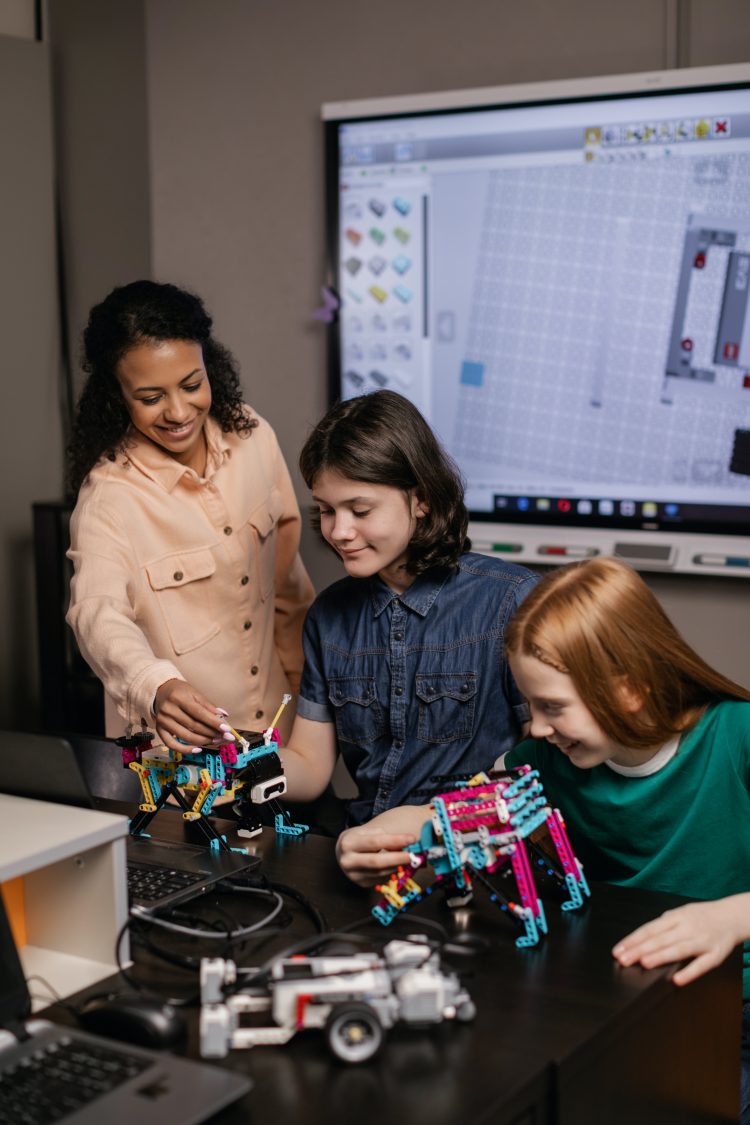School education serves as the foundational building block for an individual’s intellectual and personal growth. It plays a pivotal role in shaping the minds of young learners and preparing them for a successful and fulfilling life ahead. In this comprehensive essay, we will delve into the significance of school education, exploring its historical context, the evolution of educational systems, the impact of technology on learning, the role of teachers, and the crucial importance of a well-rounded curriculum.
1. Historical Context of School Education
The origins of formal school education can be traced back to ancient civilizations, such as the Greeks and Romans, where education focused primarily on reading, writing, and philosophical teachings. However, it wasn’t until the Middle Ages that the first formal schools emerged, predominantly under religious institutions, with a focus on theology, Latin, and basic arithmetic. The Renaissance period marked a significant shift in educational ideals, emphasizing the importance of a well-rounded education in literature, arts, and sciences. During the Enlightenment era, scholars like John Locke and Jean-Jacques Rousseau advocated for more accessible education for all, planting the seeds for modern educational systems.
2. Evolution of Educational Systems
As societies evolved, so did educational systems. The 19th and 20th centuries saw the establishment of public education in many countries, aiming to provide education to all children regardless of social class or economic background. Compulsory education laws were enacted, ensuring that every child had the right to access basic education. Throughout the 20th century, educational theories and methodologies underwent significant transformations. Progressive education emerged, championed by educational philosophers like John Dewey, emphasizing learning through experience and active engagement. Later, educational psychologists such as Lev Vygotsky and Jean Piaget contributed to the understanding of cognitive development, paving the way for child-centered learning approaches.
4. The Role of Teachers
Teachers are the heart and soul of any educational system. They play a crucial role in fostering a positive learning environment, nurturing creativity, critical thinking, and emotional intelligence among students. A dedicated and skilled teacher can inspire young minds and instill a lifelong love for learning. In recent years, there has been an increased focus on teacher training and professional development to equip educators with the necessary skills to address diverse learning needs and employ innovative teaching methodologies. Moreover, supporting teachers’ well-being and job satisfaction is essential to ensure they can deliver their best in the classroom.
5. The Curriculum: Beyond Academics
A comprehensive and well-rounded curriculum is essential for holistic development. While academic subjects like mathematics, science, and languages are critical, a balanced curriculum should also include arts, physical education, and social sciences. A diverse curriculum encourages creativity, empathy, and a deeper understanding of the world. Furthermore, integrating real-world challenges and practical skills into the curriculum helps students bridge the gap between theoretical knowledge and its application in everyday life. Including topics such as financial literacy, environmental awareness, and digital citizenship fosters responsible and informed citizens.
6. Embracing Technology in Education
The advent of technology has revolutionized the education landscape. Computers, tablets, the internet, and educational software have opened up new possibilities for interactive and personalized learning experiences. Digital tools facilitate access to a vast repository of knowledge and enable collaborative learning among students and teachers across the globe. Moreover, adaptive learning platforms cater to individual student needs, allowing educators to provide tailored support to each learner. Virtual classrooms and online education have become increasingly prevalent, especially during global challenges like the COVID-19 pandemic, demonstrating the flexibility and resilience of modern education.
7. Inclusivity and Diversity in Education
Ensuring inclusivity and diversity in education is paramount. Schools should be safe and welcoming spaces for students from all backgrounds, abilities, and cultures. Emphasizing inclusive education fosters empathy, reduces discrimination, and prepares students to thrive in a diverse world. Special education programs and individualized support for students with learning challenges are integral to creating an inclusive educational environment. Addressing diverse learning needs through differentiated instruction empowers every student to reach their full potential.
8. Assessments: Measuring Progress and Growth
Assessment plays a crucial role in gauging students’ progress and understanding the effectiveness of educational strategies. Traditional exams have been supplemented with alternative assessment methods, such as project-based assessments, portfolios, and formative assessments. Rethinking assessment practices to focus on students’ comprehension, critical thinking, and problem-solving skills, rather than rote memorization, encourages deeper learning and a more accurate representation of a student’s abilities.
9. Parental Involvement and Community Engagement
School education does not happen in isolation; it is a collaborative effort involving students, parents, teachers, and the community. Active parental involvement positively impacts a child’s academic performance and emotional well-being. Engaging parents in school activities and fostering open communication between teachers and parents are essential for a student’s success. Schools that actively involve the community benefit from additional resources, support, and diverse perspectives. Community engagement also helps students understand their social responsibilities and develop a sense of belonging.
Conclusion
School education remains an indispensable pillar of society, equipping individuals with knowledge, skills, and values that contribute to their personal growth and societal well-being. As we continue to evolve and adapt to changing times, it is vital to maintain a focus on the holistic development of students, embracing inclusivity, leveraging technology, and recognizing the profound impact of dedicated educators. By nurturing the potential of each learner, we can pave the way for a brighter and more promising future for generations to come.




